
by CMR@dmin | Apr 24, 2023 | News
The future has never been darker – and this applies to the most vulnerable in our country: children, women, disabled persons and the elderly.
Last week, the news that thousands of these people will be left without professional social work services became known.
The Department of Social Development ( DSD) has published a worrying budget: which is directly contrary to quite a few laws.
So says Henda van der Merwe, director of CMR Gauteng-East, a Child and family care organization in Pretoria.
“We have been warning for years – decades – that NGOs’ task is getting bigger, but the available means are getting smaller.”
The recent announcement by the Department of Social Development, in which their new policy direction was announced, together with a significant reduction in funding, showed that the situation is more than worrying – it is blatantly unacceptable.
The biggest problem is the plan to merge the DSD with the Department of Agriculture, Rural Development and Environment.
This merger means that much-needed funds are taken away from children, people with disabilities, the elderly, the poor. There is a clear move away from social work services towards community development, which means that the vulnerable groups served by us are pushed aside – and will be left to their own devices when funds dry up completely.
“Where is the priority of people in our society who are at the lowest level, who, due to economic realities, cannot help themselves, and are therefore assigned to the multitude of NGOs that depend on funding to be able to do their work,” asks Van der Merwe.
The impact of these rebates (CMR Gauteng-East faces a 61% rebate) means that where in 2022 we could serve 28,676 people with care, we will now be able to assist less than 10,000.
As a Child Protection Organization, we want to emphasize that people will now have nowhere to go. Children who are molested, abused, neglected… who will stand up for them?
We have signed contracts with the Department until 2024, but they are announcing a rebate in 2023. What about the existing contracts? Is the government going to act so illegally?
The department should provide support, but what is happening now is a centralization of powers which is an outrage. They want to arrogate to themselves more and more powers, but in fact, deny their own mandate.
CMR Gauteng East closes its doors on Monday until further notice. No services will be provided. All services are referred to the Department of Social Development for handling.
CMR Gauteng East has 13 satellite offices across Pretoria and handles almost 30,000 cases annually. The organization is registered as a registered Child and Family Protection Organization, As well as an NPO 035-918 and also has PBO status with SARS.
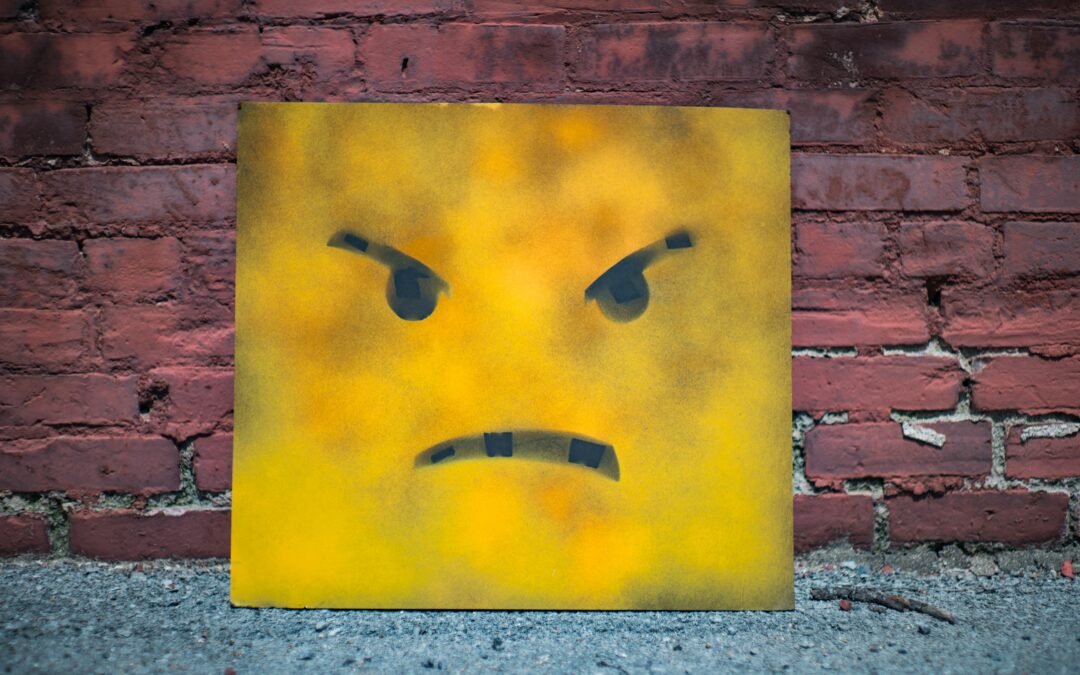
by CMR@dmin | Nov 10, 2022 | Support
Is uncontrollable behaviour in children increasing in communities?
Children must be seen and not heard. Long ago this was the norm and parents applied it daily. Today’s trends are not the opposite, but a very different understanding of how children should behave, or how to educate children. Schools and teachers are easily blamed for lack of discipline; but what does the child’s discipline look like at home?
Are there any rules set and clear guidelines given within which the child knows he must behave? Does the child understand the difference between acceptable and unacceptable behaviour? Or does the child present with negative- or uncontrollable behaviour? Henda van der Merwe, director of CMR Gauteng East, points out that the child protection organisation, with more than 30 social workers in its employ, has seen a large increase in children with uncontrollable behaviour in the last year.
“Our statistics show a 77% increase in these cases – which crosses all cultural boundaries, it is not related to one geographical area, or cultural group, or age group.”
But what is uncontrollable behaviour – and what are the causes that result from it? Children who react with anger, bully others, or physically attack others, are out of control. Likewise, children who bully others on digital media. “It is a shame that these platforms have become an additional way for people to attack each other and hurt each other emotionally. The fact that it happens digitally means it’s faceless and easier to do,” she explains. Uncontrollable behaviour refers to a pattern of behavioural outbursts.
The question also exists: what role does the use of habit-forming substances such as alcohol and drugs play in this behaviour? Marijuana use is becoming more and more common – in younger and younger children. Primary schools can testify that children even as young as ten years old have had contact with it.
“The problem is of course fueled by the fact that it is increasingly easy to get hold of. And children do not realise the danger of dependence. They easily use something just because their peers say it will make them feel good, and using it just once or twice can lead to addiction. (depending on the type of drug). Alcohol, on the other hand, is socially acceptable and much easier to get hold of. Over time use can result in addiction, depending on other factors like genetics and family history etc.”
But what prompts a child to use a substance?
Children and teenagers who experience problems with school work, or have social problems, look for answers to deal with the situation. Often parents are inaccessible, or perhaps even the source of the problem – and the easiest answer is to use a drug that numbs the emotional pain the child is experiencing. (Drugs that numb emotional pain tend to be addictive.)
Social workers are burdened by a load of increasing cases – and there is a shortage of rehabilitation/care facilities, van der Merwe explains. “One of our challenges is parents who refuse to believe their child has a problem – whether it’s drug-related or behavioral problems”.
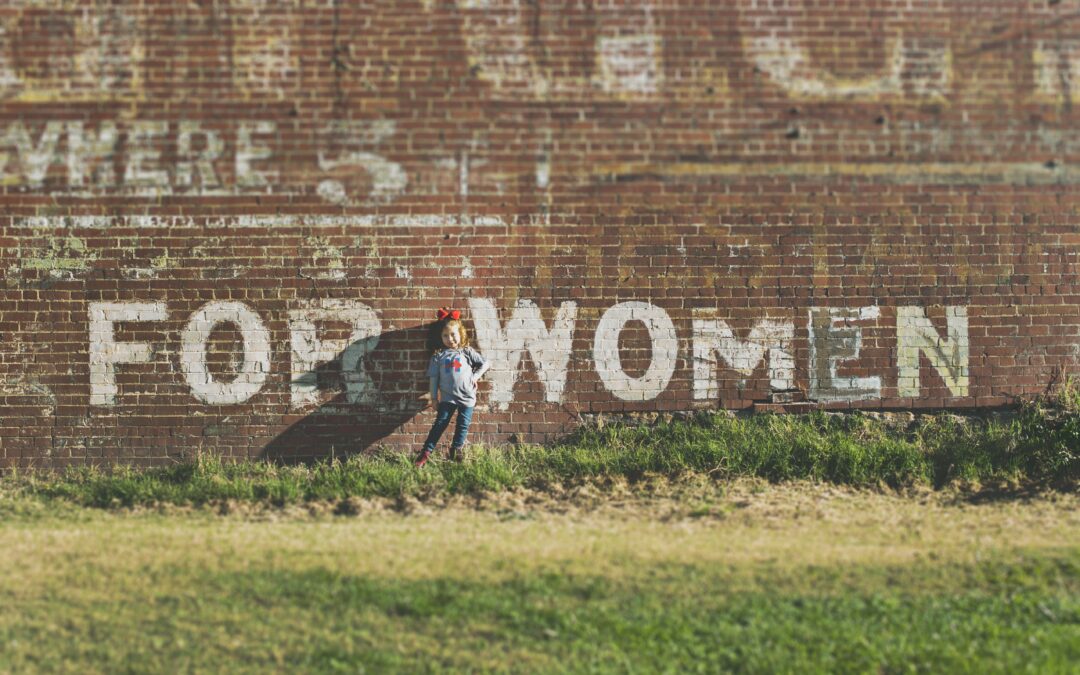
by CMR@dmin | Aug 15, 2022 | Support
Women’s month brings to mind all the negatives: gender-based violence, intimate partner violence, physical, emotional and sexual abuse.
But, says Henda van der Merwe, director of CMR Gauteng-Oos, from our perspective we see women as mothers, caregivers, nurturers, and much more. And much of our support to women is aimed at empowering women with emotional as well as practical support.
As a child and family social work organisation, we know very well that the wellness of our children rests in large part on the role of mothers in our society.
A woman is the sum total of many roles: partner, mother, caregiver and in so many instances also the sole breadwinner. And in many of the areas we work in, mothers go out to work while grannies have to step in to look after the young ones. “A woman’s work is never done, they say.” It is so true.
As one work-from-home mom says when she packs up to go home: “Now I am going to my other job.”
“Let us remember during this month all those mothers who care for children not their own: Foster mothers, grannies, adoptive mothers, and all others who step in to care for children. Their formation is of the essence; and in fact, the contribution mothers make life on in perpetuity.”
Van der Merwe points out that CMR Gauteng-Oos rendered services to 2 324 women and 2 769 children last year.
“Mothers, we salute you.”
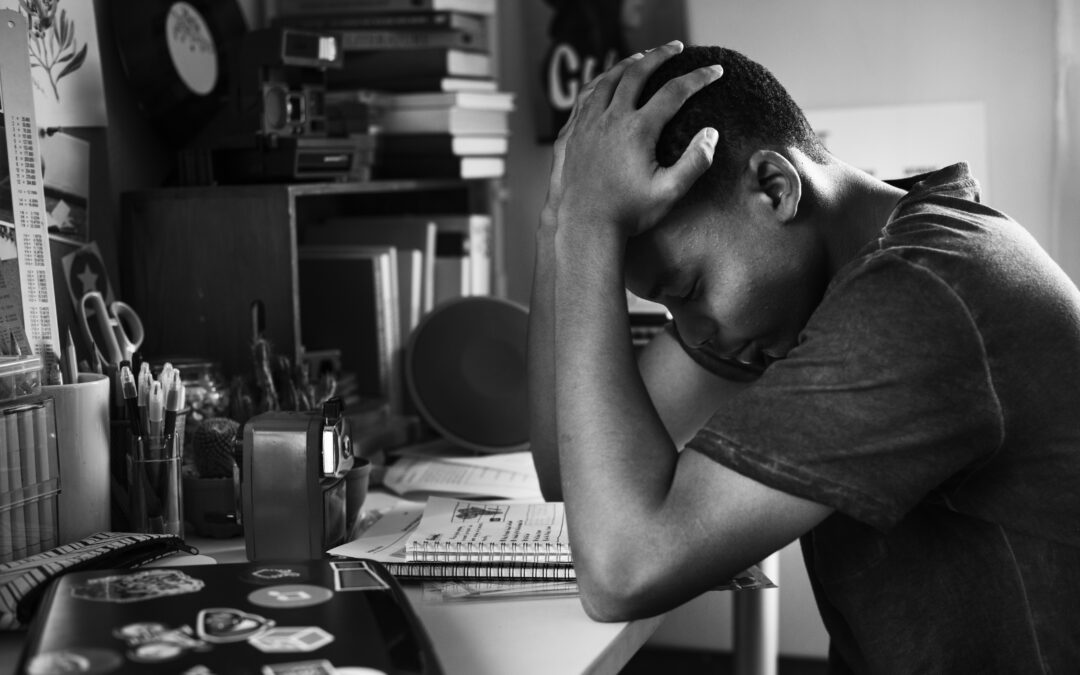
by CMR@dmin | Jul 6, 2022 | Support
The past two years have seen a sharp rise in teenage suicide globally.
No words could ever adequately describe a parent’s devastation upon the suicide of a child. This grief cuts way deeper than that of a death caused by illness. More often than not the warning signs were there – but were misinterpreted or not attended to.
The past two years have seen a sharp rise in teenage suicide globally. This can, in part, be directly attributed to the worldwide actions by governments because of the COVID-19 virus. Locked down, children of all ages have been denied natural growth stimulators, also emotionally. Teenagers strongly feel the burden of lack of personal interaction. And while technology has enabled schooling to continue, so much has been lost that this generation will probably become known by an epithet describing what they have lost in human terms.
Says Hanlie Boshoff, narrative therapist in Centurion: “Parents have become digitally distracted – we all have. But interaction and communication between parents and teenagers are still the mainstay of good emotional health.
Depression has become as common as toothache. The pandemic has exacerbated this as everyone felt depressed at least some of the time. But long-term depression which kicks in is different to a short-term feeling of “the blues”. And although things are ‘back to normal’ the effects will be with us for years to come. In teenagers, signs differ from that of adult depression.
“Research has shown that parents find it difficult to tell the difference between ‘ups and downs’ and teen depression that needs treatment. And even when parents may correctly identify it, many barriers such as access to treatment, financial difficulties and poor communication with the teen could prevent seeking help,” says Boshoff whose practice, Tiqvah, specialises in teenagers with challenges.
“One tell-tale sign in teenagers is their increased irritability. This commonly leads to impatience, disrespectful behaviour and defiance. Extreme reaction to criticism is another sign. And right at the end of the pendulum’s swing, is aggression. Monitor your teen’s response to risk-taking, criticism, and failure…. His reaction could tell you he is suffering from depression. Added to these signs could be social withdrawal or joining the wrong crowd. Both could be the first step towards problems like alcohol/substance abuse, even self-harm,” Boshoff points out.
Other symptoms to watch out for: feelings of hopelessness, loss of interest, tiredness, memory loss, sleeping problems and appetite loss. If the teen suffers from Major Depressive Disorder, suicidal thoughts, anxiety and panic disorder could further be part of the picture.
“Family units are under stress. Single parent families or children brought up by grannies, these realities are what we see in our society. But even traditional nuclear families are no longer devoid of these digital distractions. Stress also increases substance use (or abuse) which affects families. Out of control parents spell trouble all around,” explains Henda van der Merwe, director of CMR Gauteng-Oos, a social work NGO with 13 satellite offices across Pretoria.
Are we raising a mentally disturbed generation? The answer seems obvious. A recent South Africa study showed that around 17% of teenagers had contemplated suicide in the first six months of last year.
But all is not lost. Boshoff says families can prevent these problems from arising by following a few guidelines. Cutting down on screen time is the first rule. “Face-time is crucial. Make time to talk and connect every day. This is a time to connect, not to teach and criticise,” she stresses.
“Parents should lead by example – turn off your phone and encourage them to do the same when socialising or focusing on work. Encourage them to get involved in activities – as they start to re-engage they will feel better. Volunteer. Doing things for others is a powerful antidepressant and a self-esteem booster. Doing things together will be a great bonding experience and give them a sense of purpose. Your love, guidance and support can go a long way toward helping your teen overcome depression and get his life on track.”
Van der Merwe concludes: “Social workers deal with the results of unfocused parenting every day. Family units are falling apart, and children failing to reach their potential – we believe parents need more training and support to help them raise a healthy new generation. This means putting a stop to endless technological stimulation and giving your children personal attention and spending time with them.”
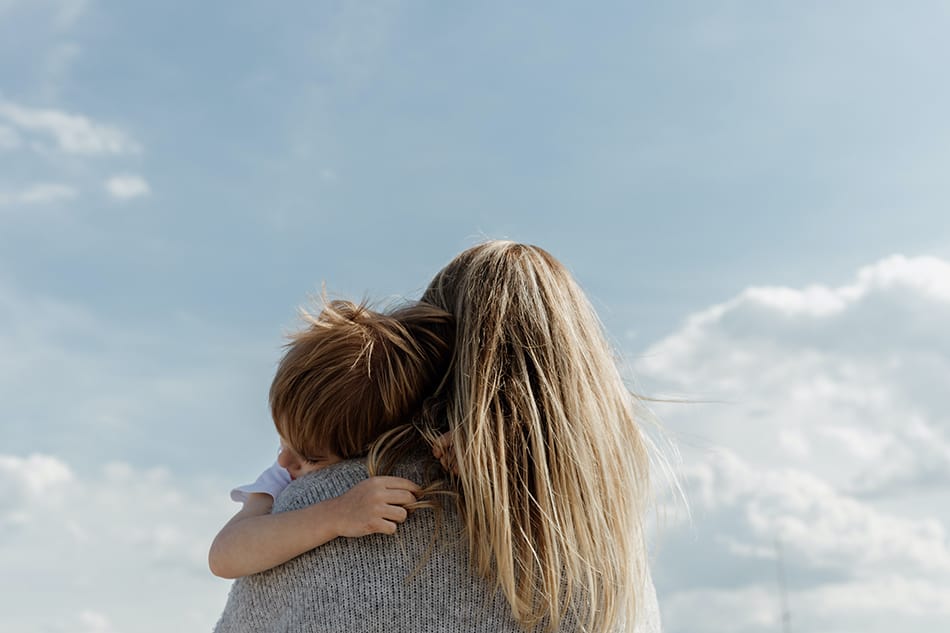
by CMR@dmin | May 30, 2022 | News
“Social workers are actively bound to the principles of social justice, the inherent value and dignity of people and respect for human diversity,” explains Henda van der Merwe, director of CMR Gauteng-Oos, a Social Work NGO with statutory powers in the area of child protection.
”Our main focus is on child protection with the understanding that a child is, and should ideally always be, a member of a family unit. Therefore, the family is always part of taking care of a child. Our country’s laws state that biological parents are responsible for a child. Where there are no parents or the parents are unable to take this responsibility, members of the immediate family are asked to step up. In our time many grandmothers or other family members are fulfilling this role.
“Protecting children from harm while keeping families together is our first focus. However, our social workers also render many other services, assisting with practical help as may be necessary.
Says van der Merwe: “Our processes and indeed all our activities are transparent, and guided by the law. There are of course also in our daily practice, people who present us with hurdles. Some of our clients can be so offensive that in extreme cases we have had to search protection orders for our social workers.”
“The challenges we run into are parents who failed in their duty to their offspring, and suddenly want to impose their rights as parents.
“As a non-profit organisation, we are not the law. Our task is to make sure that the directives as set out by the court, are adhered to, in the cases we are called in to assist with. After careful assessment, involving many different professionals, such as psychologists, forensic services, and the like, we join hands with other agencies like the Department of Social Development and the SAPS.”
CMR Gauteng-Oos originates from, and is still part of the larger Dutch Reformed Church welfare initiative and renders services to all families in need. It is celebrating its 40th birthday this year. Its sister organisation, CMR Gauteng North, also belongs to the DRC network. The two organisations were delineated along church synod lines while bearing similar names. They operate side by side in the larger Pretoria area.
“Society is an intricate network of people who interact in a structure that is underpinned by local laws, set in a particular cultural context. In our democratic society, we work with a rich cultural diversity and while it is indeed challenging, it makes our work all the more rewarding,” van der Merwe concludes.
CMR Gauteng-Oos currently operates from 13 satellite offices from Cullinan in the north to Midrand in the south of Pretoria.
Their social work services touched the lives of more than 27 000 people in its last financial year.

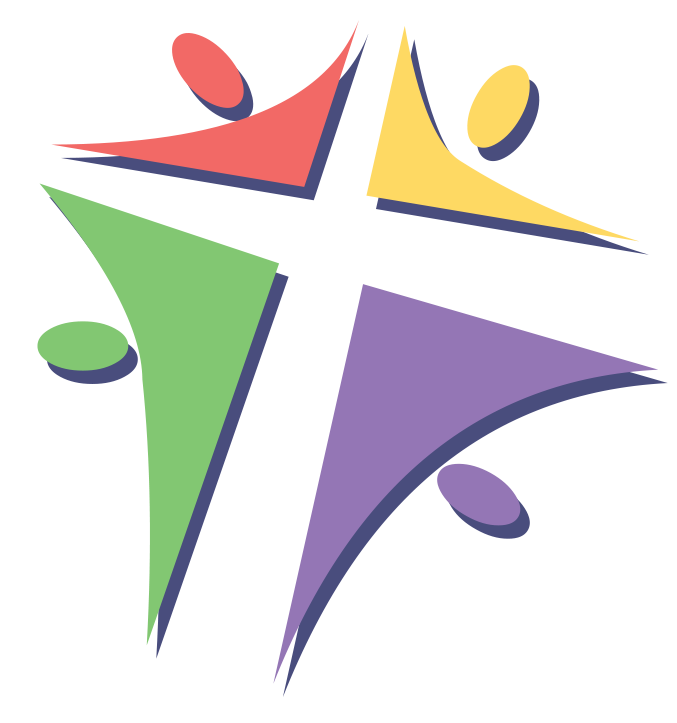




Recent Comments